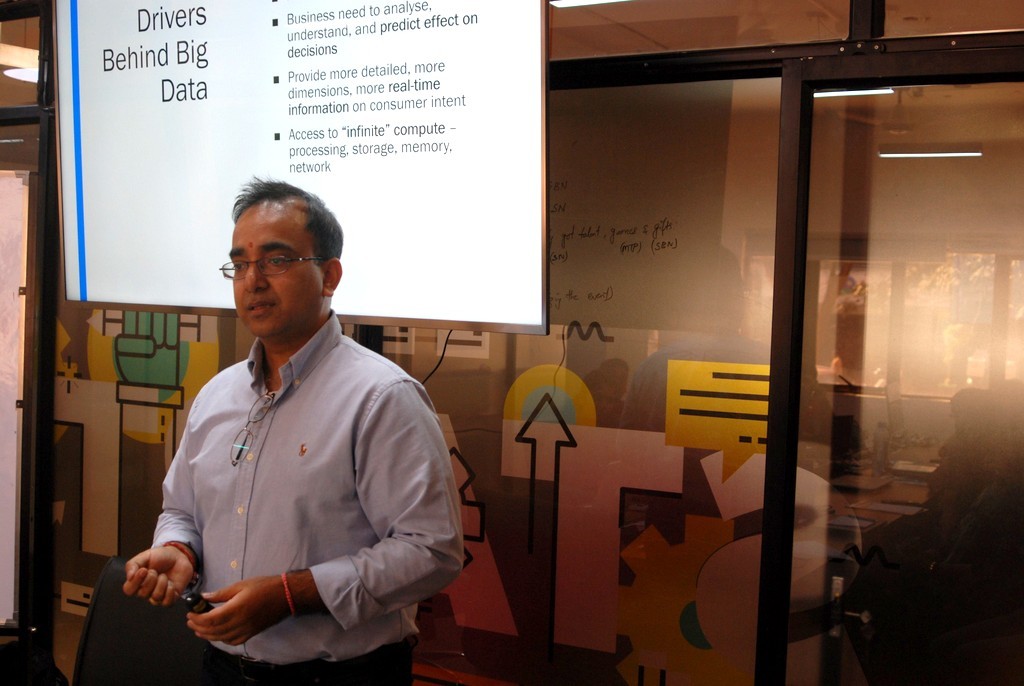The Fortune 500 Companies 2018 rankings came out last week, and browsing the list, the following random thoughts struck me about the list and the technology industry:
This is an expanded version of my LinkedIn post.
© 2018, Abhinav Agarwal. All rights reserved.
- Walmart - you can be in a very, very traditional brick-and-mortar business (yes, they have been making inroads into e-commerce, but for the most part, Walmart is a traditional retailer), but as long as you keep doing things well, you can be in the top 10. Not only that, you can be the top-ranked company by revenues for a sixth year in a row. In this case, you can be numero uno, with annual revenues that top five-hundred billion dollars - $500 billion, be more than twice the size of the second-ranked company (Exxon-Mobile is ranked second, with annual revenues of $244B), and also employ the most employees (2.3 million).
- Apple - you can be a mass-market luxury brand (yes, that is a contradiction in terms), sell only a handful of products (its Mac, iPhone, and iPad product lines bring in 79% of its revenues) and be in the top 10 - ranked fourth. You will also get to make the profits of any company - $48 billion. You also get to be the most highly valued company - at $922 billion.
- Amazon - you can sell almost everything under the sun, sell it almost all online (its foray into physical stores and its acquisition of Whole Foods notwithstanding), employ the second-most employers of any company in America, be a $100 billion plus company, yet grow revenues by more than thirty per-cent (to $177 billion), and crack the top 10 - ranked eighth. You also get to be the second-most highly valued company on earth, at $765 billion.
- Netflix: you do only one thing: in this case, streaming video content on-demand and producing your own content, almost triple your profits (199% jump year-on-year), not be in the top 200, and yet deliver the best 10-year returns to shareholders (48%, annualized!)
- The top five most valuable companies on the list are all technology companies - Apple, Amazon, Alphabet (the parent company of Google), Microsoft, and Facebook.
Bottom line? What is common across all these companies is a relentless focus on execution. Execution - a simple lesson to learn, yet incredibly difficult to practice. Flipkart, the Indian e-commerce giant in which Walmart (press release) bought a 77% stake for $16 billion, valuing the company at $22 billion, learned that the hard way, when it lost focus in its fight against Amazon.
Further suggested reading:
- Why Flipkart seems to be losing focus
- Flipkart vs Amazon: Beware the Whispering Death
- Battle in India for e-commerce market leadership is no longer between just Amazon and Flipkart - in March, 2018, this was particularly prescient.
This is an expanded version of my LinkedIn post.
© 2018, Abhinav Agarwal. All rights reserved.



